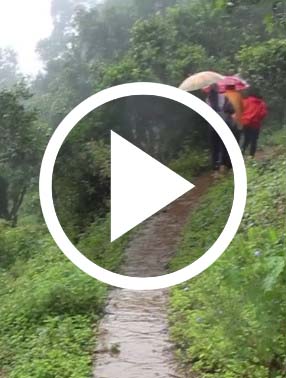Regional aspects - China. Desertification control in China - a formula for success?
Despite ambitious desertification control programmes, the area of desertified land has expanded continuously since the establishment of the People's Republic of China, with increasingly serious impacts on important industrial and settlement areas. Only in the new millennium is a reversal of this trend in sight.





